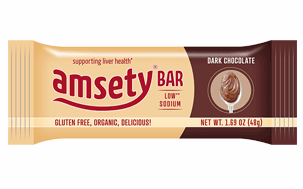Omega-3 and Omega-6 are essential fatty acids necessary for the healthy functioning of the body. The ideal diet will contain a balance of Omega-3 and Omega-6. Omega-3-rich foods reduce inflammation in the body while Omega-6 foods increase it—the two fatty acids are opposite, yet both are necessary to complete the other. These essential fatty acids are not produced by the body and must come from food sources.
Research shows that Omega-3 fatty acids are particularly important in cognitive functioning, and also reduce the risk of heart disease, cancer, and arthritis. While Omega-6 is important, research conducted by University of Maryland Medical Center shows that Omega-6 is typically consumed in 14–25 times greater quantity than Omega-3 in North America. This diet imbalance can cause a number of health issues including poor memory, unstable moods, low energy, and heart problems. The main cause of Omega-6 over-consumption is eating an excess of meats and high-fat dairy products such as cheese.

Discover the first nutrition bars designed to support liver health.
Read more >Omega-3 is high in fish such as salmon, halibut, and tuna, as well as nuts and seeds, particularly flax seeds, walnuts, and chia seeds. Since fish comes with the added risk of high mercury levels, try to limit its consumption to once a week. An easy way to ensure the recommended level of Omega-3 is present in one’s diet is to consume 1-2 tablespoons of ground flax seed a day.

5 Ways to Keep Your Liver Healthy

What Foods Are Really Bad for The Liver?

11 Liver Support Foods for Your Liver Health
What´s your Liver Health Score?
Find out whether you are leading a livery-health lifestyle

Related Subjects
Back to top